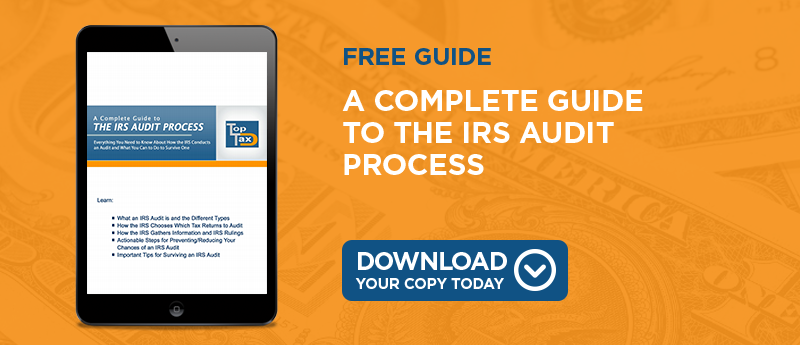
Working for yourself can be a great way to earn a living. You may enjoy greater freedom about when and where you work or about the field in which you work. If you plan it carefully, you might even get to pick a career that you truly love. However, taxpayers who work for themselves can also fall into complicated tax scenarios, especially when they pay for costs that benefit them both personally and professionally. To avoid dealing with IRS tax audits, it's important to learn how to keep your personal and business taxes separate.
1. Use flat percentages to separate expenses.
One way to keep your personal and business costs separate is to use flat percentages when you purchase something that has a dual benefit. For example, if you buy copier paper that you intend to use for both personal and professional purposes, divide it according to a flat percentage before you begin using it. A case of copier paper may hold 10 reams of paper. You can take six reams out for your business use and keep the remaining four for personal use. Then it's simple to just take 60 percent of the cost and categorize it as a business expense.
2. Calculate home business expenses carefully.
If you have a part of the home that is used regularly and exclusively for business, you can claim that area's portion of utilities, repairs, and the mortgage as a write-off. Divide the square footage of the business area by the total square footage of the home to find the appropriate percent. At the end of the year, you can just calculate the appropriate percent of those expenses and deduct them.
3. Separate your payment accounts.
The most helpful way to keep your personal and business finances separate, though, is to truly separate them. Set up a credit card and a bank account to be used exclusively for your company and then make all business purchases from them. At the end of the year, you can simply print the annual statement to document your expenses. If you keep your own books, install a separate filing system or accounting program for your company costs to avoid any mixing up of documents. Depending on the size of your company expenses each year, it may even be worth it to hire an outside bookkeeper who can keep records of your company financials for you.
Running a self-employed business can pose unexpected IRS tax penalties. If you're careful to keep your business and personal expenses separate, though, you'll be able to sidestep many of these potential problems.




